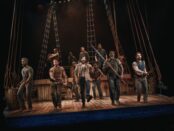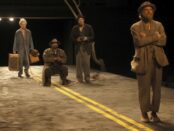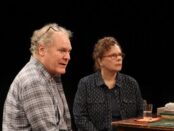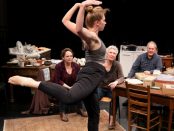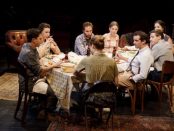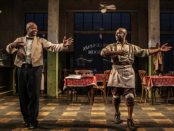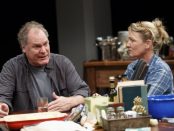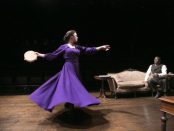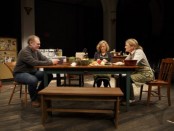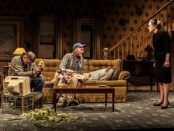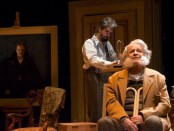Swept Away
Besides the fact that many know the story of the Essex (later told in Melville’s "Moby Dick") or the Mignonette told in The Avett Brothers’ album of the same name, Logan has made his main characters totally generic without given names. We learn too little about each for them to be three-dimensional characters: the Mate, cynical and corrupt; the Captain, at the end of a long career, melancholy and philosophical; Big Brother, religious and judgmental, and Little Brother, innocent and curious. A knife is flashed soon after the survivors find themselves on the lifeboat and we know how that will end. Just like the voyage of the whaling ship, their time on the lifeboat is a waiting game: how long can they survive and who will be the first to go? [more]

